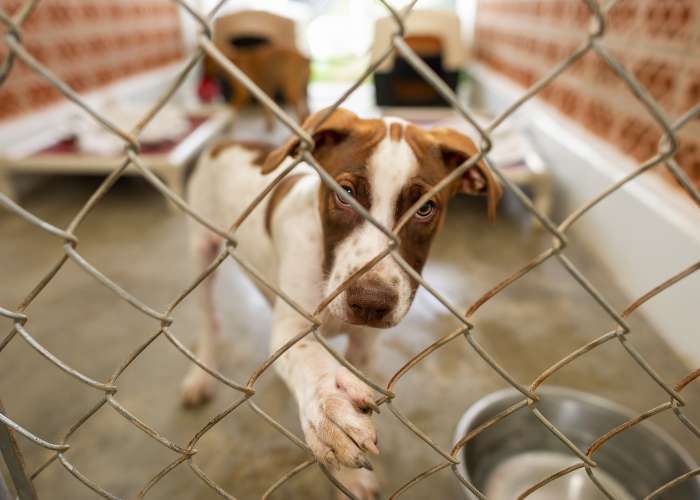Fostering animals is an incredibly rewarding experience. Not only do you get the chance to give a pet in need a loving home, but you also help out an animal shelter by providing extra space and resources. But not everyone is cut out to be a foster parent. So before you take the plunge, let’s take a look at what it means to foster an animal, what makes a good foster home, and what makes someone a good candidate for fostering a dog.
What does it mean to “foster” an animal?
What makes a good foster home?
Understanding the Commitment: Fostering a dog is a commitment that requires both time and resources. Before taking on a foster dog, it’s important to assess your current situation and make sure that you have the time and resources necessary to provide for the dog’s needs. This includes having the time and patience that it takes to get them on a schedule.
Household Dynamics: When considering fostering a dog, it’s important to evaluate how the dog will fit in with your household dynamics. If you already have pets, you will need to consider how they will interact with your new foster dog. It’s important to introduce the animals carefully and ensure that they can coexist peacefully.
Training and Behavior: Understanding the training and behavioral needs of the foster dog and how to manage them is crucial to providing a successful foster experience. It’s important to be prepared to work with the dog and any issues they may have, and to be patient in helping them adjust to their new environment.
Medical Needs: Handling the medical needs of a foster dog is an important aspect of fostering. This includes administering any necessary medications, as well as taking the dog to regular vet check-ups and appointments. Our organization does cover the costs of vetting and food.
Emergency Preparedness: Emergencies can happen at any time, and it’s important to be prepared for unexpected situations. This includes having a plan in place for any medical emergencies or natural disasters, and knowing who to contact in case of an emergency.
Socialization: Socialization is an important part of helping a foster dog adjust to their new environment. This includes exposing the dog to new people, places, and experiences, and helping them to become comfortable and confident in their new surroundings.
Communication with Rescue Organizations: Communicating effectively with the rescue organization you are fostering with is crucial to providing a successful foster experience. This includes keeping them informed of any issues or concerns that may arise, as well as following their guidelines and procedures.
Working with Shy or Traumatized Dogs: Some foster dogs may have had traumatic pasts and may require extra care and patience. Understanding how to work with these dogs and provide them with the care and attention they need is important to ensuring a successful foster experience.





